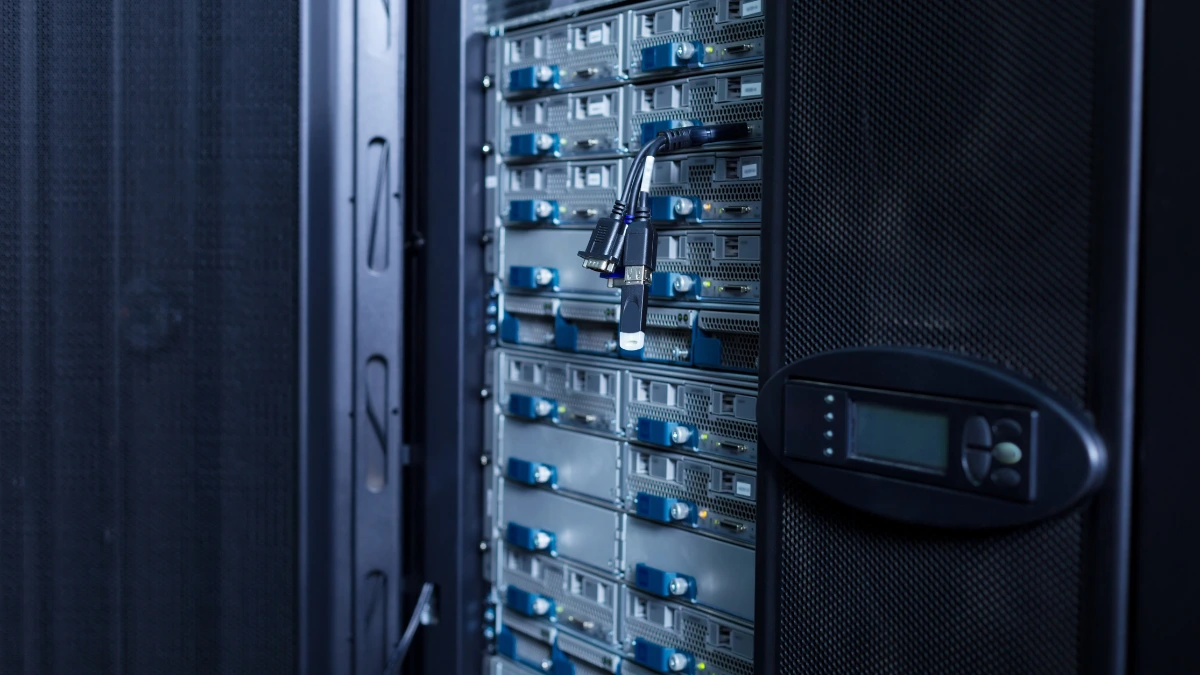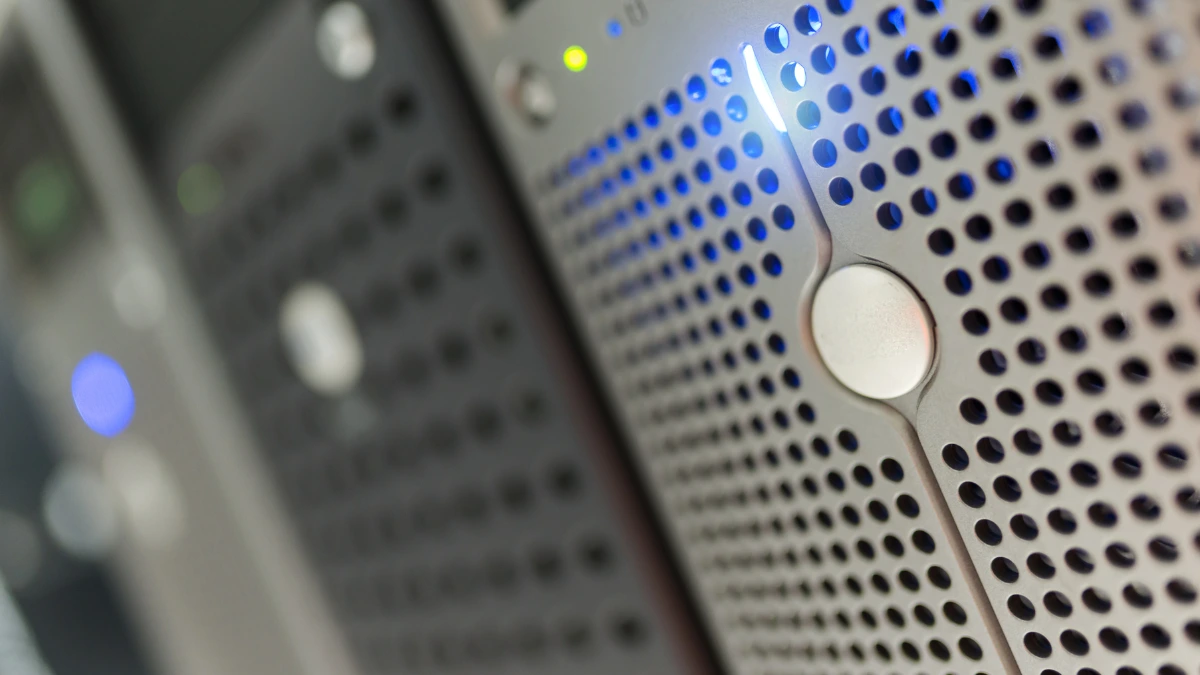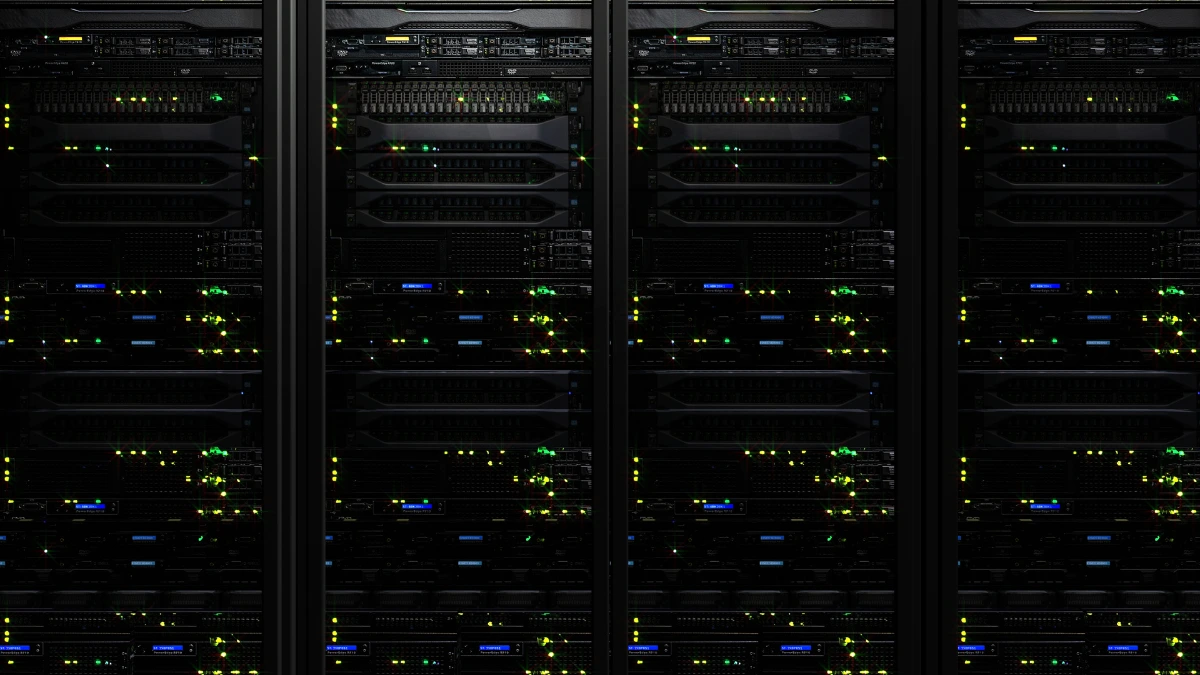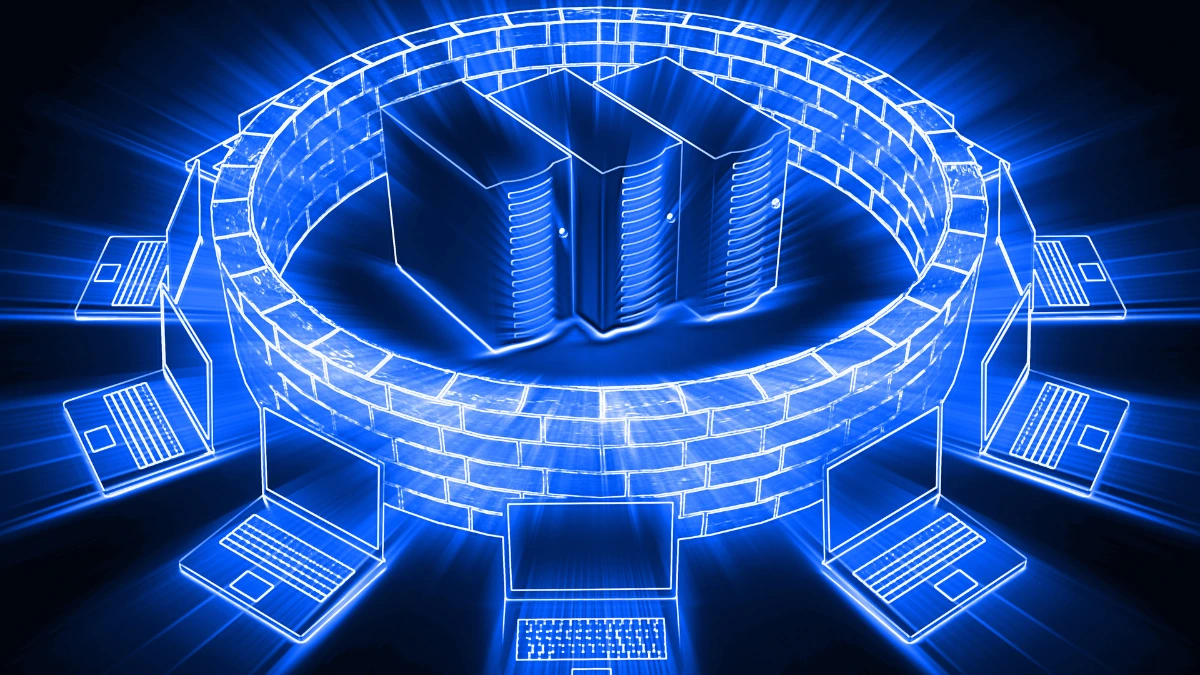A hardware firewall provides many benefits, especially the ability to ensure network security. However, the advantages and disadvantages of hardware firewall cannot be easily separated, even though the benefits are evident.
The advantages and disadvantages of hardware firewalls include strong network protection, better threat detection, and full control over infrastructure, while the disadvantages include impact on network performance, requiring regular maintenance and updates, to higher initial cost.
This article will inform you about some of the advantages and disadvantages of hardware firewalls that you can consider.
Advantages and Disadvantages of Hardware Firewalls

Like any other technology, a hardware firewall has several advantages that can be utilized and disadvantages to consider. The advantages of hardware firewall include strong network protection, better threat detection, and full control over infrastructure, while the disadvantages include impact on network performance, requiring regular maintenance and updates, to higher initial cost. Here are the advantages and disadvantages of hardware firewall:
Advantages of a Hardware Firewall

Here are some advantages of a hardware firewall:
1. Strong network protection
One of the advantages of a hardware firewall is strong network protection. By using this firewall, your computer device will be better protected from various threats such as malware, viruses, and Distributed Denial of Services (DDoS) attacks.
2. High traffic data handling
High traffic data handling is another advantage of firewall hardware. For companies that use networks with high activity, choosing this device is the right choice. This firewall is designed to handle large volumes of traffic.
3. Better threat detection
By using a hardware firewall, external threats can be detected better. This device is equipped with features such as Deep Packet Inspection (DPI) that can detect more sophisticated threats.
4. Stronger local security
Not only can a hardware firewall provide better protection from internet-based attacks, but it can also provide strong local security. By being on a local network and not relying on an internet connection to perform its functions, this device can still maintain local security even when not connected to the internet.
5. Full control over infrastructure
Another advantage of this hardware firewall is the full control it has over the infrastructure. Companies have full control over this device in setting up and customizing it to specific needs.
Disadvantages of a Hardware Firewall

Here are some disadvantages of a hardware firewall:
1. Impact on network performance
One of the drawbacks of hardware firewalls is their potential impact on network performance. When this device is not configured properly, it will affect network performance, which causes slowdowns and disconnections.
2. Still possible to get threats
Even though it is able to protect against every threat from both inside and outside the network, firewall hardware is still vulnerable to threats. This can happen when the attack does not go through the access points that the firewall monitors.
3. Requires regular maintenance and updates
In use, hardware firewalls require regular maintenance and updates. Although these devices tend to be more durable, ensuring their performance and security still requires regular maintenance and updates.
4. Dependence on technical expertise
Technical expertise in the installation and configuration of firewall hardware is required. This device cannot be installed, configured, and maintained by just anyone; it requires specialized skills, so you will depend on technical expertise when using this device.
5. Higher initial cost
Hardware firewalls that require the purchase of hardware, of course, require you to spend quite a bit of money on installation. This cost is not yet added to the technician for installation, configuration, and maintenance.
Those are the advantages and disadvantages of hardware firewalls that you can consider before deciding to use them. When you choose to use a hardware firewall, you can feel all the advantages of strong network protection, better threat detection, and full control over infrastructure.
However, don’t forget to make a consideration of the disadvantages, including impact on network performance, requiring regular maintenance and updates, to higher initial cost. Another thing to note is that a hardware firewall must pass the certification test from the Directorate General of Digital Infrastructure (DJID).
With a DJID certification, users can feel calm about using a hardware firewall device whose quality and security are guaranteed. For manufacturers or importers of hardware firewall devices, obtaining certification from DJID is a mandatory step before the device can be officially marketed in Indonesia.
To simplify the certification process, we are available to assist with this process as a reliable solution. [UN].

